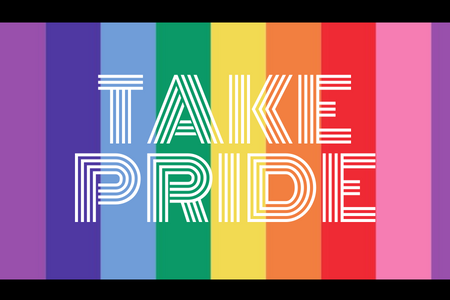
A Conversation with Christine McGinn, DO
Christine McGinn, DO, is an internationally renowned expert in the field of transgender medicine. She has lectured, published, and appeared in numerous media outlets to educate the public on her field and also to advocate for the transgender patient population.
A board-certified plastic surgeon, she is quick to point out that transgender medicine is much more than surgery, and she ensures her patients receive access to all facets of care.
“My practice is holistic by design, because it requires coordination of different specialties,” she says. “It was important to me to have a place that integrated surgery, mental health, physical therapy, nutrition, and more, because those are all important aspects of care. I learned that holistic approach as an osteopathic physician, and I am a 110 percent believer in it.”
Given the current political climate surrounding transgender medicine, McGinn believes professional self-regulation is more important than ever, and that assessments such as COMLEX-USA can play an important role.
“There are people in this field, like myself, who have been doing this work for years,” she says. “We have great research available–peer-reviewed studies with thousands of subjects. These tried and true surgeries have been going on in the US for more than 50 years, and they are not new, not experimental, and proven to be efficacious and safe. But this is a very complex area of medicine that requires nuance and understanding. When that subject matter is included in a licensure exam, it becomes something that students learn more about and discuss.”
For its part, the NBOME has been working to combat stigma and discrimination by ensuring that its test questions accurately address the health needs of the LGBTQIA+ population, and are fair and free from bias.
The NBOME Item Development Style Guide has a section on LGBTQIA+ preferred terminology, which is regularly updated as new guidance emerges on best practices. Two resources for this section include the GLMA Guidelines for Care of Lesbian, Gay, Bisexual, and Transgender Patients and the GLAAD Media Reference Guide. The NBOME also recently unveiled its Mindful Language Item Writing Guide for National Faculty members who write and edit questions.
The NBOME has also held item writing workshops dedicated to transgender patient care. At these sessions, the NBOME’s National Faculty share resources, brainstorm exam content, and collaborate on writing and editing test questions.
McGinn is and has been a staunch advocate for transgender patient safety, and says that exposure to this community, within a clinical setting or otherwise, can go far in helping those unfamiliar to better understand those patients’ unique health concerns.
“Once you interact with patients who are gender dysphoric, once you see the pain that they experience and the benefits of gender-affirming care, and the support of their parents and loved ones, it clicks,” she says. “You want your patients to be healthy and happy.”

